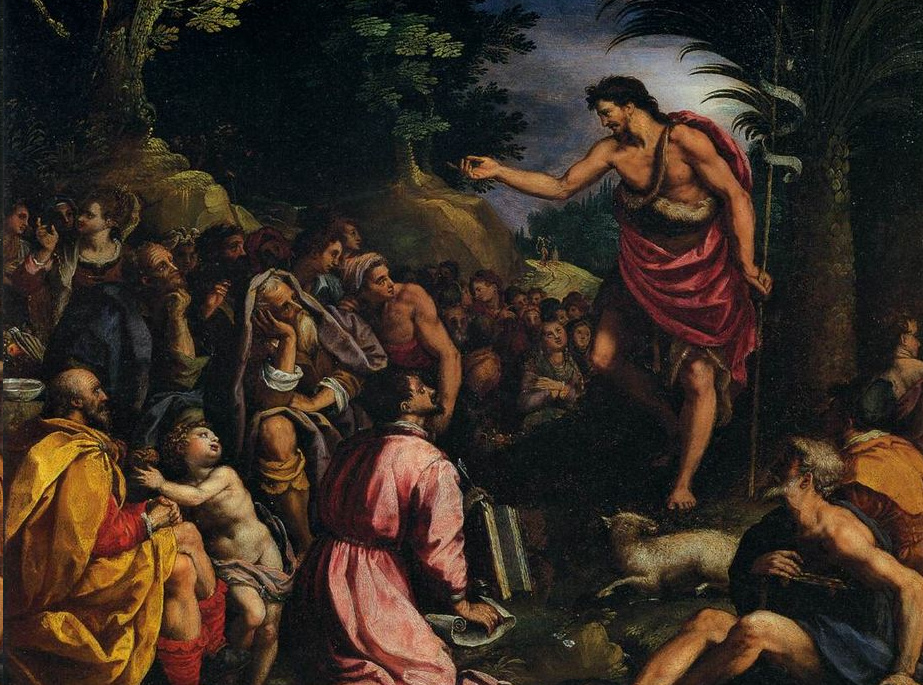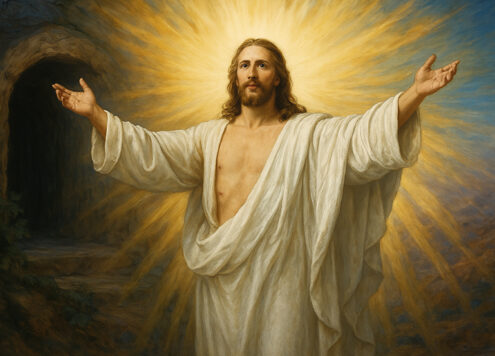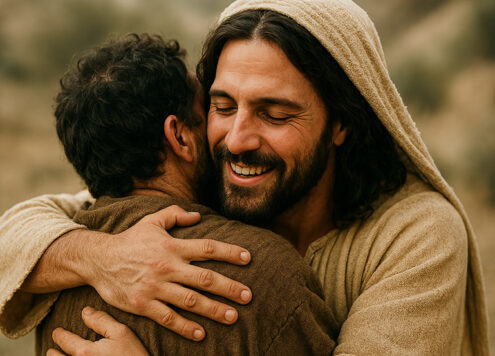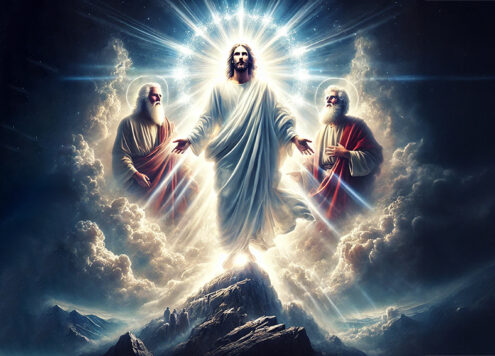The Gospel account of John the Baptist in Luke 3:1–23, paints a picture of a man crying in the wilderness, a rugged and straight-talking prophet. He is the precursor also to Christ because he prepared “the way of the Lord” through a baptism of repentance. Christ, who came after John, would give us a far deeper baptism of the Spirit that would wash away the inward obstacles to grace. John is important, however, not only because he was a prophet who prepared the way for Christ, but because of the contrast between his baptism and the baptism of Christ.
John, as the scriptures point out, was no sweet talker. He was as tough as nails, this eater of honey and locusts. He saw no hint of integrity in the haughty Pharisees who stood before him unmoved and smug in their self-righteousness. They could have blossomed and led their people to experience the freedom and exhilaration of the children of God, but they didn’t. They were too self-serving.
John might as well lay the ax to a dry and lifeless trunk as expect a change of heart in these unforgiving men of stone whom Christ described as “whited sepulchers.”
John wakes us up to the reality that is unfolding before us this Advent Season as we prepare to receive Christ into our lives. We need to repent of our sins if we want to welcome the Lord into our lives. God’s mercy covers a multitude of sins and His grace removes every stain. No one is ever too far gone to receive the Lord’s forgiveness. There is not a single soul on earth that has pushed God out of its life that Jesus isn’t reaching out to restore.
His salvation sprouts and grows and blooms wherever there is a willing heart. John the Baptist was aware of this and he delivered his message, straight and unadorned to those along the river Jordan’s banks. John was the perfect messenger; he was prepared to move aside and step down so that “all flesh” might “see the salvation of God” in Christ.
Is it any wonder then that heaven and nature might sing? Is it any wonder that good people would be full of cheer at Christmas time? Is it any wonder that the prophet Isaiah would speak of this birth of the savior as a time when the wolf and the lamb, the bear and the cow, the ox and the lion would be at ease together.
These are images of the peaceful reign of God that would shed a new light on our darkened world with the birth of our Savior.
Christmas is a time of hope. But we need to dispose ourselves to receive this hope by repenting of sin first, as the Baptist teaches us, so that the new light of Christ may enter into our lives.
—Fr. Hugh Duffy











3 Comments
John Dalton
Father Duffy, your weekly messages are so important for this time, as Covid is keeping us away from our parish churches. When God helps us to return, you will remain a source of comfort and Grace. Thanks, and God Bless you and your ministry.
Ginny
Father,
Thank you. John the Baptist is a favorite of mine. Our pastor told us that Herod would sit outside his cell and listen to him preach. And he said that Herod actually liked John the Baptist. But, alas…
I so appreciate your commentary.
David Wood
God bless you Father , great word